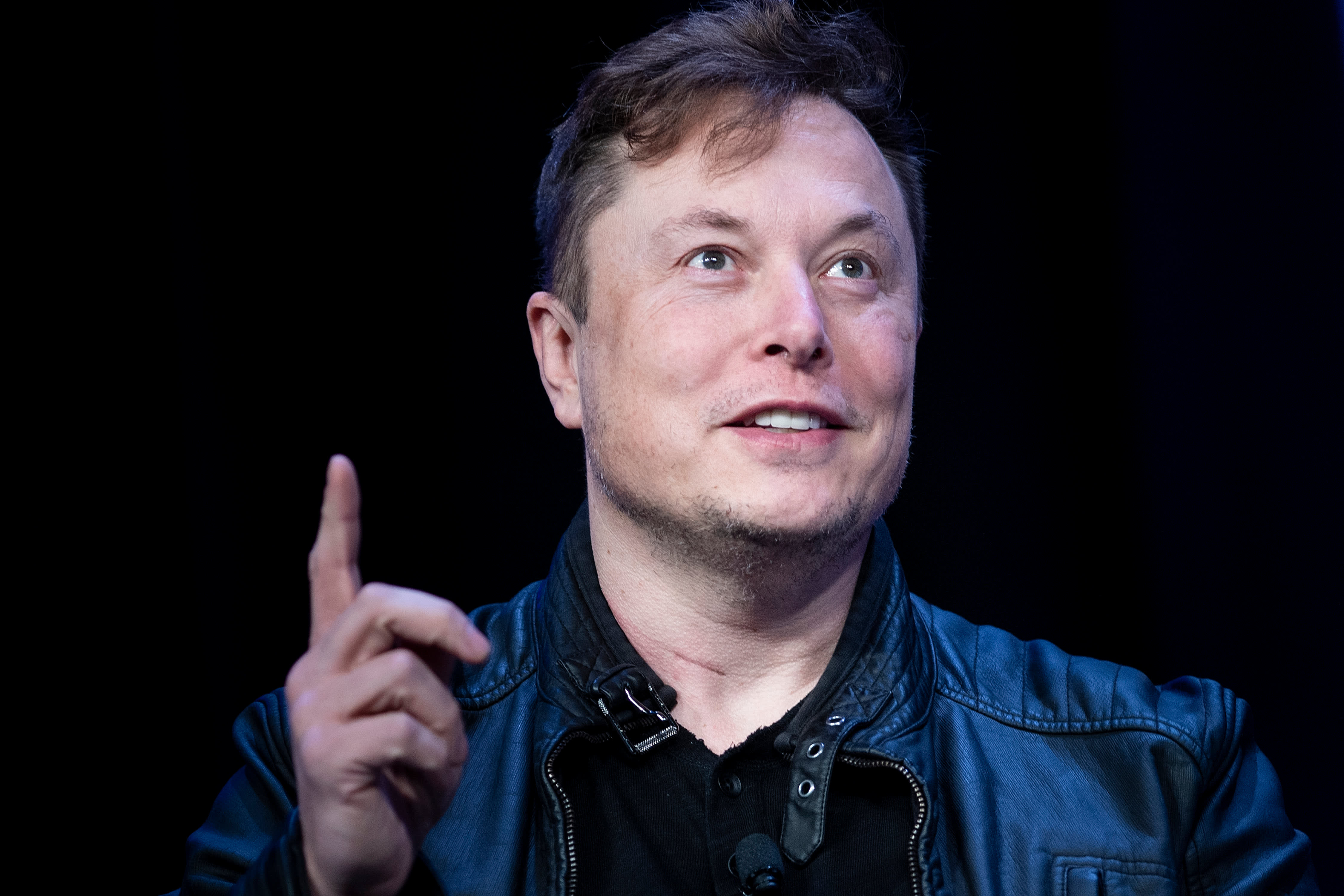Young Elon Musk had two favorite subjects in high school – and in both, he performed “best” academically.
“When I was in high school … I got distinctions in two areas: physics and computer science,” Musk said on the “Third Row Tesla” podcast in February. “Those were my two best subjects.”
So at the time, “I thought I’d most likely be doing physics at a particle accelerator” as an adult. (A particle accelerator is a machine that “propels charged particles, such as protons or electrons, at high speeds, close to the speed of light” so that physicists can “probe the world of the infinitely small” and conduct research, according to CERN, the European Organization for Nuclear Research, which has the largest accelerator in the world).
It seemed like a logical career choice for Musk, as he was curious about the universe and loved science.
“I thought, ‘OK, I want to figure out what’s the nature of the universe,’ so, [I would] go try working with people banging particles together and see what happens,” he said on the podcast.
But in 1993, when Musk was about 22 years old, his plans changed.
“Things went along,” he said, until “the Superconducting Semi Collider got cancelled in the U.S.,” he said. It was the world’s largest particle accelerator project at the time, and was shut down after government funding was pulled, according to Wired.
“[I was] like, ‘Woah.’ What if I’m working at a collider, spend all these years, and then the government just cancels it? So that was like, ‘I’m not going to do that.'”
At the time, Musk was a student at the University of Pennsylvania studying physics and economics. After he graduated in 1997, instead of working at a particle accelerator, Musk used his computer science skills to found his first start-up, a city guide software company called Zip2.
In 1999, Musk sold Zip2 to Compaq for roughly $300 million. Musk used the money from that sale to found X.com, an online financial services platform that merged with Confinity in 2000, and later became PayPal. In 2002, eBay purchased PayPal for $1.5 billion.
But Musk felt his purpose was far greater than these internet start-ups.
“When I was a kid, I had this existential crisis. I was about 12 years old or something and I was like, ‘Well what does the world mean? What’s it all about? Do we live in some meaningless existence?'”
“And I was like ‘OK, we don’t really know what the answer is obviously, but the universe is the answer,'” he said on the podcast.
It’s part of the reason Musk founded aerospace comapny SpaceX in 2002.
“We must propagate a human civilization on Earth as far into the future as possible and become a multi-planet species,” including colonizing Mars.
On May 30, SpaceX successfully launched two NASA astronauts into orbit for the first time. It was a milestone for human spaceflight and got Musk one step closer to achieving his Mars ambitions.
“That’s the best thing we can do, basically.”
Musk has also co-founded Tesla, Neuralink and The Boring Company and is worth over $58 billion, according to Forbes.
Check out: The best credit cards of 2020 could earn you over $1,000 in 5 years
Don’t miss:
